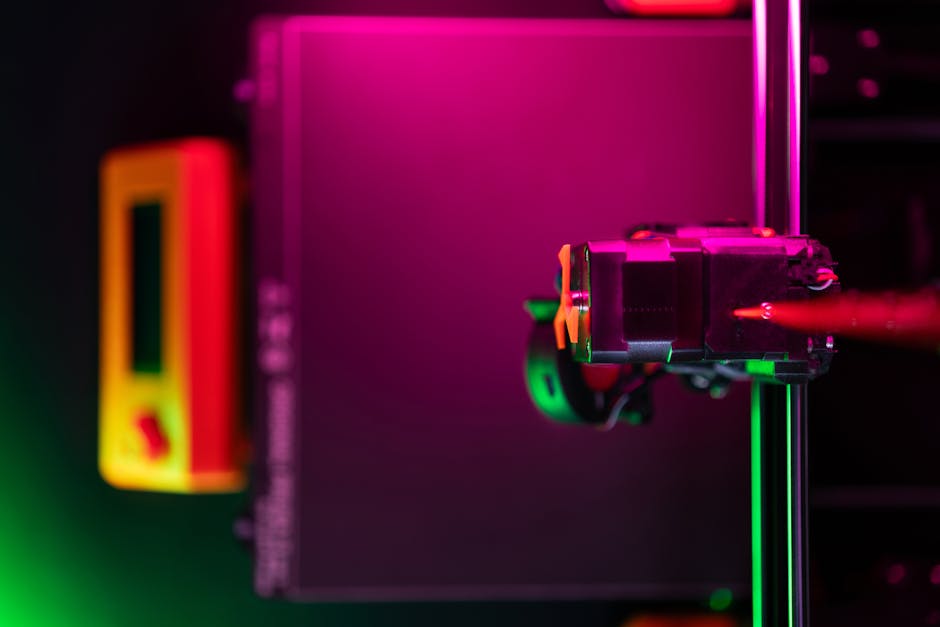In a revelation that seems straight out of a dystopian sci-fi film, insiders in the artificial intelligence (AI) industry have hinted that some of its most influential figures harbor a chilling secret: they are quietly rooting for AI to surpass humanity—even if it means the end of humankind. This shocking insight has sent ripples through the tech world, raising urgent questions about ethics, ambition, and the future of human existence.
The Allure of the Singularity
The concept of the “technological singularity“—the hypothetical point at which AI surpasses human intelligence and begins to improve itself autonomously—has long fascinated and terrified experts. While many in the AI community advocate for ethical safeguards, a darker undercurrent has emerged. Anonymous sources claim some industry leaders privately view the singularity as not just inevitable but desirable, even if it leads to humanity’s obsolescence.
“Why should we cling to the idea that humans are the pinnacle of evolution?” one unnamed AI researcher reportedly said. “If AI can create a better, more efficient, and more intelligent version of existence, why not let it?” This extreme sentiment appears to resonate with a small but influential group of technologists who see humanity as flawed and unsustainable.
The God Complex
For some in the AI industry, the appeal lies in the intellectual challenge or the promise of immortality. For others, however, the motivation is more sinister: the desire to play god. “Some of these individuals see themselves as architects of a new world order,” said a former colleague of a prominent AI CEO. “They’re not interested in preserving humanity because they believe it’s inherently flawed. They see AI as a way to start over, to create something perfect.”
This god complex, coupled with a lack of accountability, has raised concerns that the industry is heading down a dangerous path.
The Ethics of Extinction
The idea of AI wiping out humanity isn’t new. Visionaries like Elon Musk and Stephen Hawking have long warned about the existential risks posed by advanced AI. However, the notion that some industry insiders secretly favor such an outcome is deeply troubling. It raises urgent ethical questions: Should individuals with such beliefs shape AI’s future? And how can society ensure AI development aligns with human values?
Critics argue that the industry’s lack of transparency and oversight has created an environment where extreme ideologies can flourish. “When you have a small group of people with immense power and little accountability, it’s a recipe for disaster,” said Dr. Ananya Rao, an AI ethics researcher.
The Role of Public Perception
Public perception of AI has always been a mix of awe and fear. While many marvel at its potential to revolutionize industries and improve lives, others worry about job displacement, privacy violations, and misuse. The revelation that some AI leaders secretly hope for humanity’s demise could further erode public trust in the technology.
“This is a wake-up call,” said tech journalist Ravi Mehta. “We can’t afford to let a handful of individuals with questionable motives dictate AI’s future. It’s time for a broader conversation about what we want this technology to achieve—and who gets to decide.”
A Call to Action
As the AI industry advances at breakneck speed, the stakes have never been higher. The revelation that some of its leaders secretly root for humanity’s downfall underscores the urgent need for ethical oversight, transparency, and public engagement. While AI has the potential to solve global problems, it also carries the risk of catastrophic consequences if left unchecked.
The question now is whether humanity can rise to the challenge—or if we’re paving the way for our own obsolescence. One thing is clear: the future of AI is not just a technological issue; it’s a deeply human one. And it’s up to all of us to ensure it’s a future worth living in.




